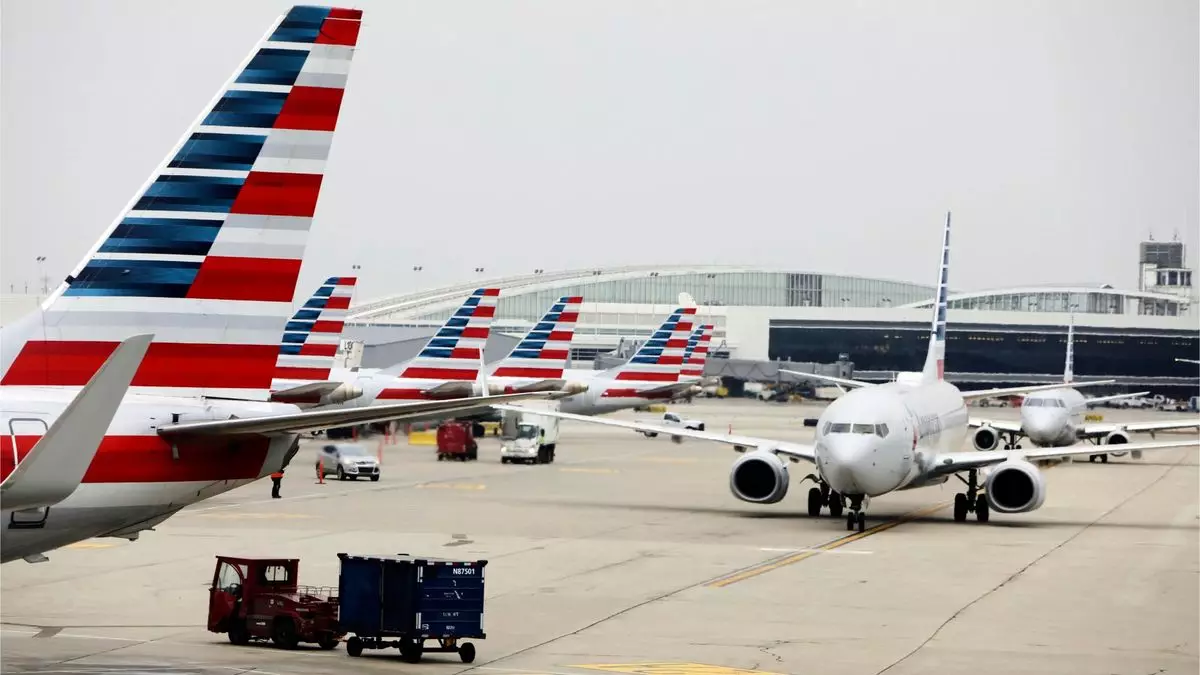Recently, American Airlines found itself embroiled in controversy after a group of Black passengers were removed from a flight in Phoenix due to a complaint about body odor. This incident led to the airline putting an unspecified number of employees on leave, acknowledging the breakdown of procedures and expressing disappointment in the handling of the situation. The CEO, Robert Isom, described the incident as unacceptable and acknowledged how it contradicted the company’s values, ultimately leading to a failure to meet their commitments to customers.
Following the incident, three of the Black passengers involved filed a lawsuit against American Airlines, claiming that they were discriminated against based on their race. They alleged that they were singled out and asked to leave the flight, while white passengers were allowed to remain onboard. The men also recorded a conversation with airline personnel where it appeared that they were being discriminated against. This situation highlights the deep-rooted issues of racial discrimination that continue to persist within the airline industry.
In response to the incident, American Airlines took action by placing employees on leave and committing to holding them accountable for their actions. The airline also announced the formation of an advisory group to focus on the experiences of Black customers, promoting the reporting of discrimination allegations, and improving diversity training to address bias and discrimination in a more effective manner. These steps are essential in creating a more inclusive and equitable environment for all passengers.
In the wake of the incident, American Airlines reached out to the NAACP to discuss the situation and gather feedback on how to address systemic issues of discrimination within the company. The NAACP has been vocal in the past about discrimination against Black travelers on American Airlines, leading to the implementation of changes by the airline to address these concerns. It is crucial for companies to engage with civil rights organizations to gain insights into how to create a more welcoming and respectful environment for all passengers.
As we reflect on this latest incident involving American Airlines, it is evident that systemic issues of discrimination are still pervasive within the airline industry. Companies must take proactive steps to address these issues, including holding employees accountable, implementing comprehensive diversity training, and fostering a culture of inclusion and respect for all passengers. By working together with civil rights organizations and listening to the concerns of marginalized communities, airlines can create a travel experience that is safe, welcoming, and equitable for everyone.


Leave a Reply